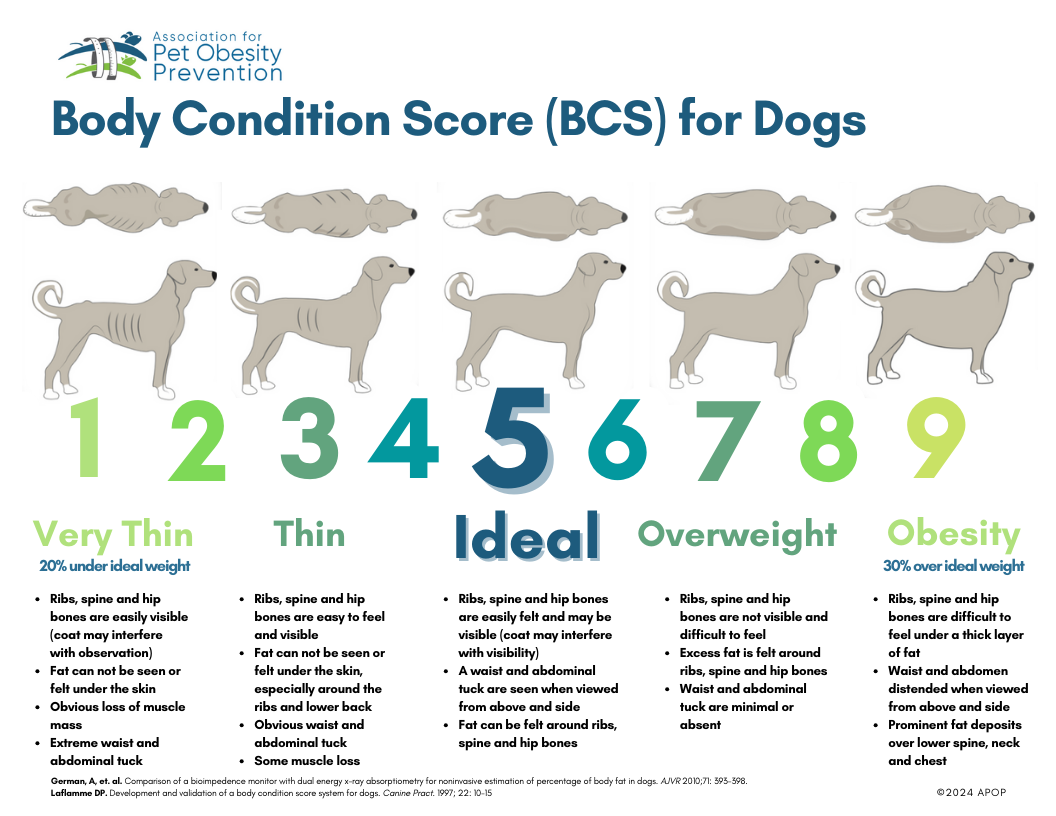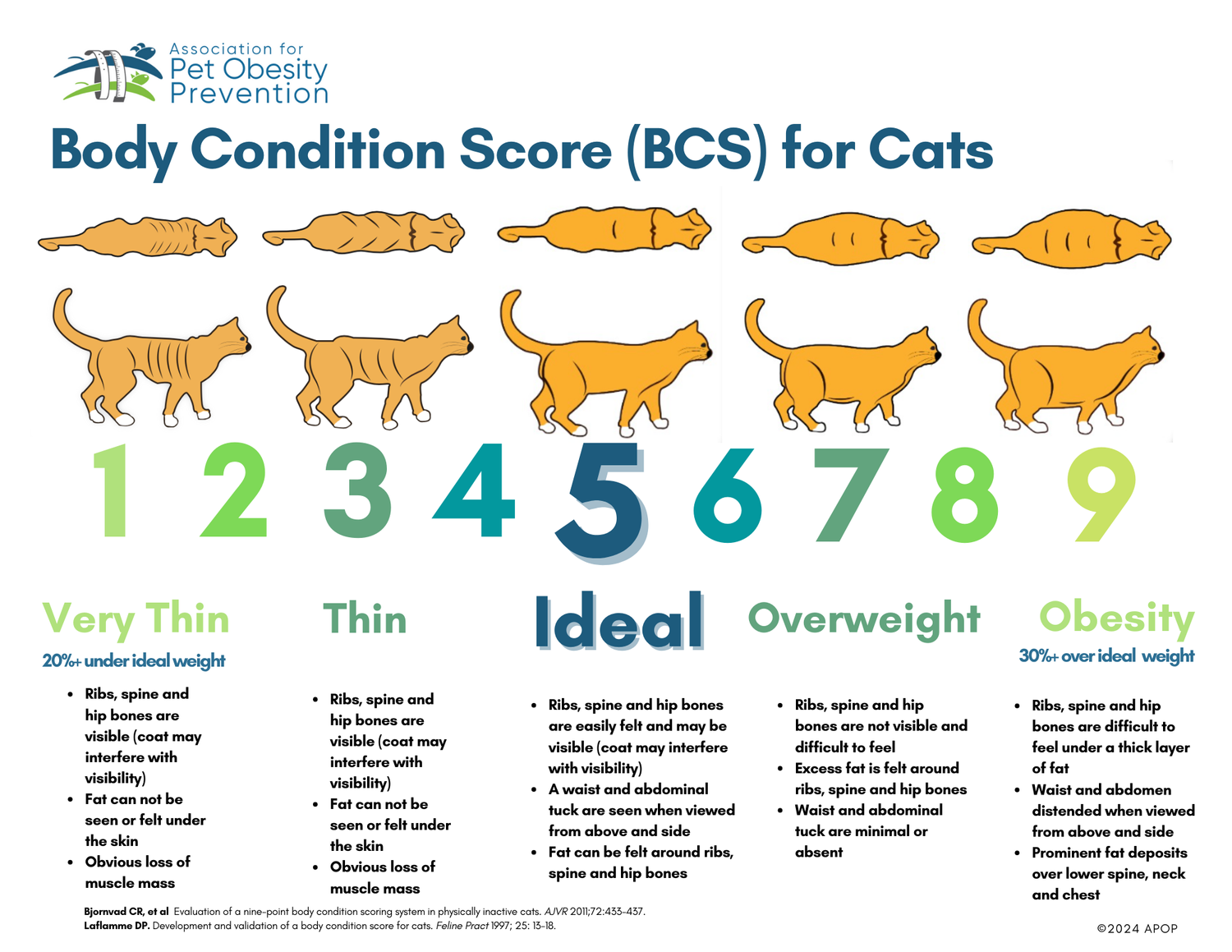Dietary Counseling
The caloric and nutrient needs of individual pets, even those weighing the same, can vary significantly. Age, lifestyle, activity level, breed, and whether the pet is spayed or neutered can affect the number of calories and nutrients recommended to keep them healthy. The caloric content of different pet food products can also vary across different brands.
While it may be more convenient to estimate your dog or cat’s food measurement, it can lead to overfeeding and weight gain. It's important to review the feeding guidelines listed on pet food packages to ensure your pet is eating the correct portions. Based on your pet’s specific needs and medical history, feeding guidelines may need to be modified at a veterinarian’s direction.
Whether you are a new pet owner looking for food recommendations, or you think your pet needs to adjust their current food regimen, we are here to help you make the best choices for their health and happiness! It is not uncommon for a simple dietary change to make a huge difference in the quality of life for pets with conditions such as allergies, kidney, liver or heart disease, urinary tract health, and other medical conditions.


